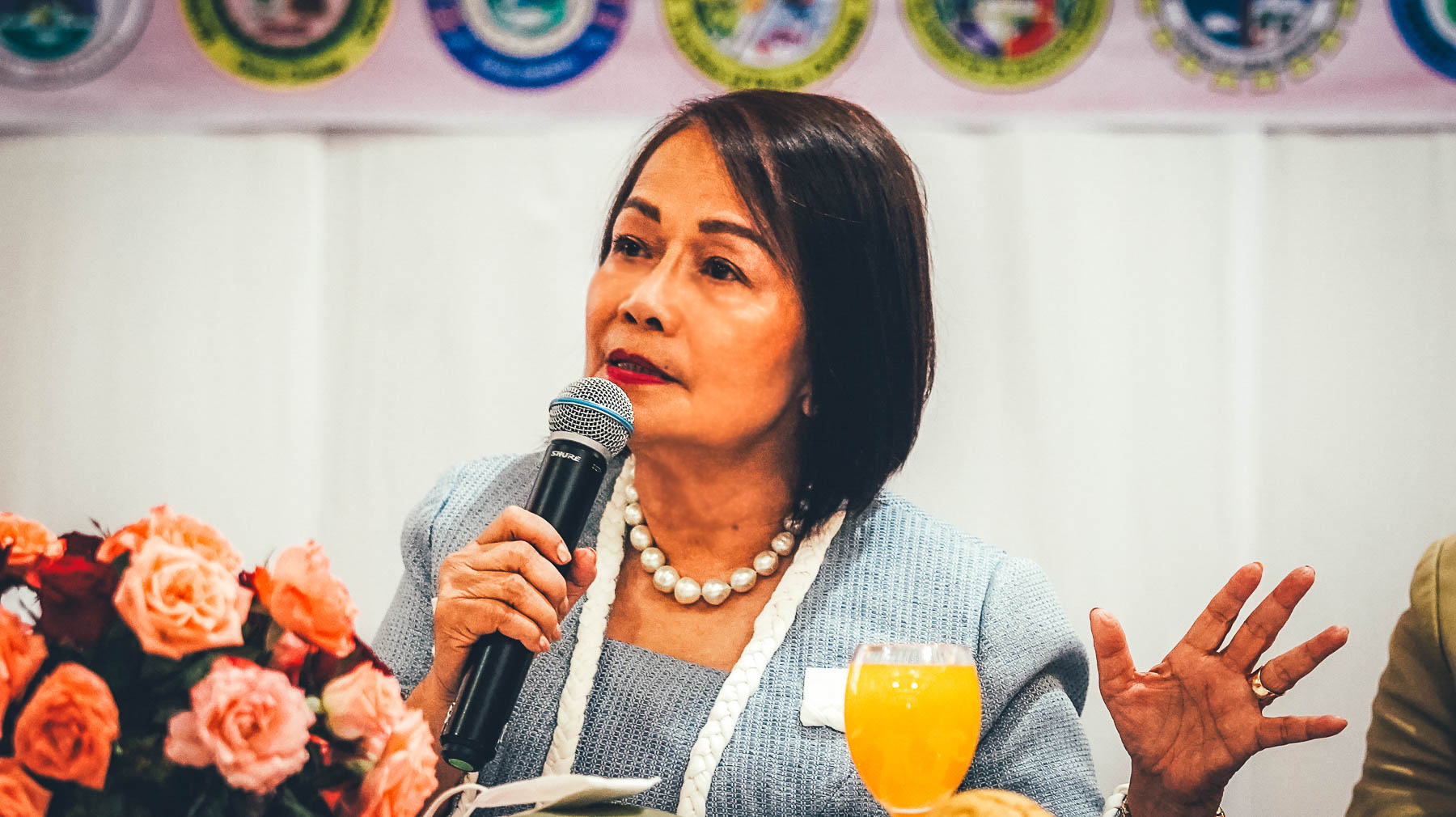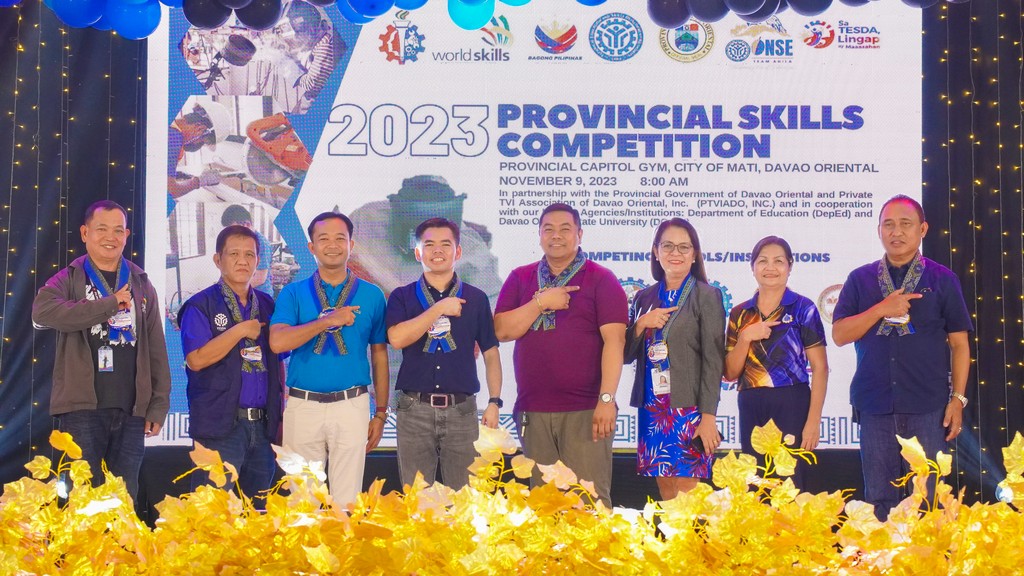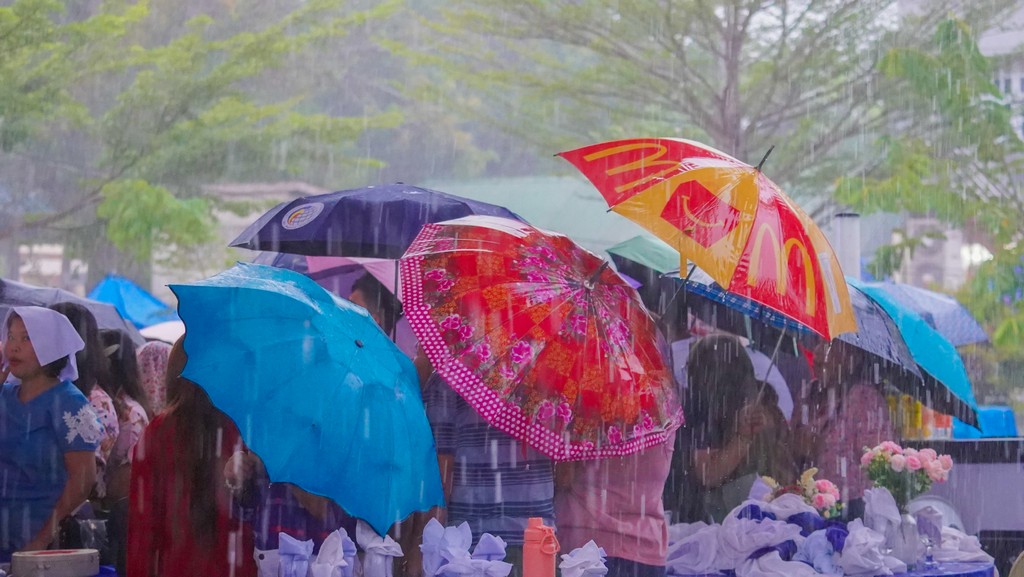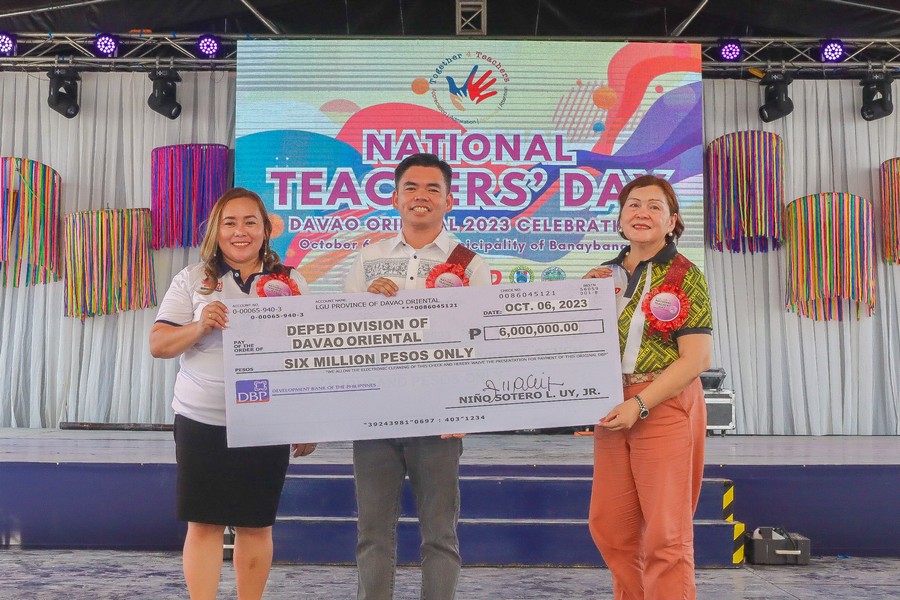Recognizing the vital role of education in preparing the youth to someday play a part in the province’s progress and development, Governor Corazon N. Malanyaon has placed a premium on quality education in the province’s development agenda.
Earlier this month, August 19, 2022, the provincial government presented strategies and programs to improve the province’s education sector during the Interfacing and Executive-Legislative Agenda Formulation.
Dr. Edito Sumile, the province’s advisor for the education sector and head of the Provincial Agriculture Office, listed the educational programs, which solicited support from the legislative branch, the Local Government Units, and the national agencies.
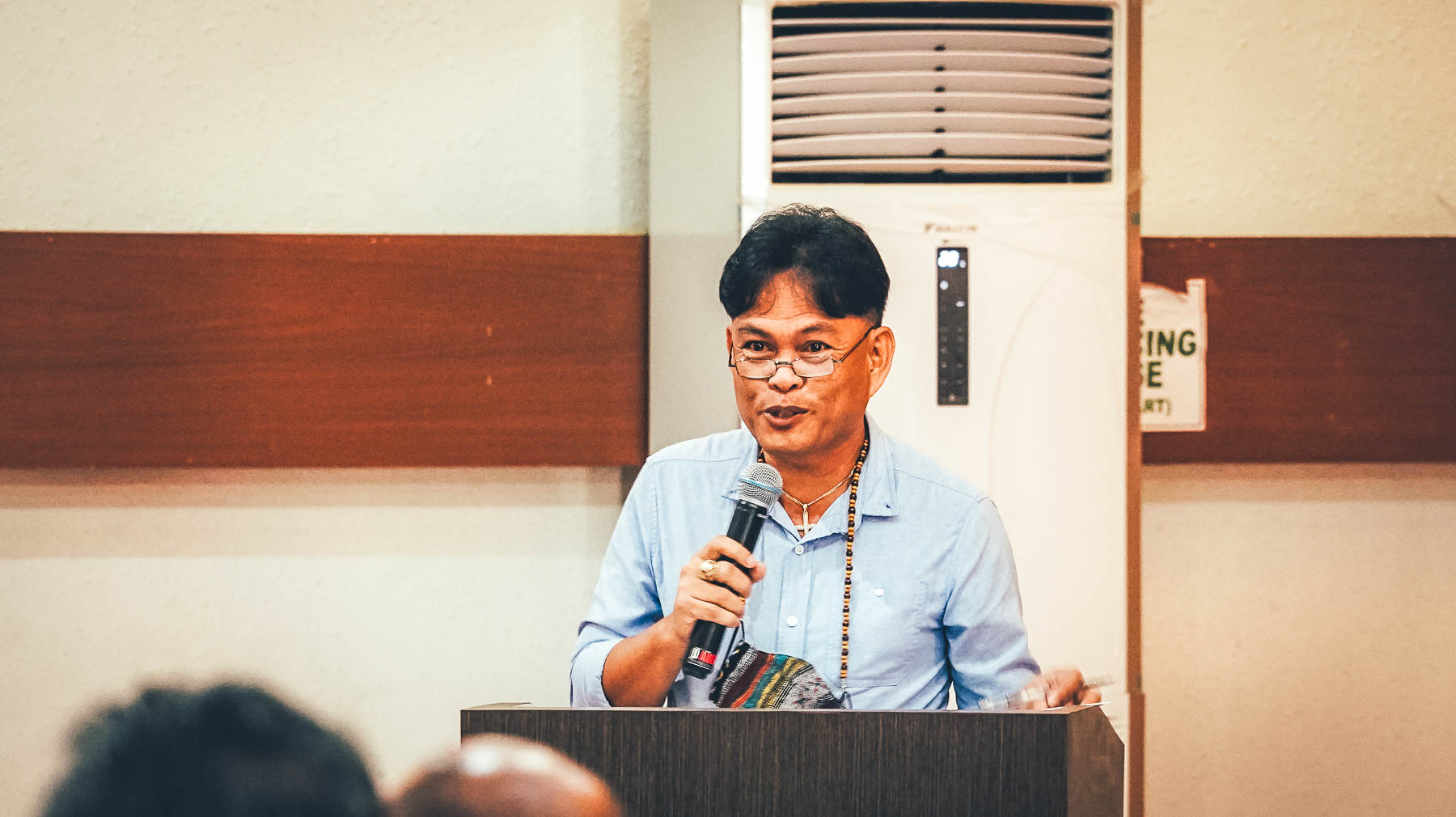
Among these programs is offering assistance or scholarships to students enrolling in agriculture-related courses. This also includes providing support to the graduates of agriculture courses who will engage in agri-business and entrepreneurship.
Dr. Sumile underscored the need to implement this strategy to encourage the young graduates to tend to the farms and play a part in ensuring the country’s food security rather than seeing agriculture graduates working jobs that are not in line with their earned degrees. Through this strategy, there will be more young farmers and entrepreneurs who will ensure the sustainability of agriculture, he said.
Another plan presented is providing assistance or incentives to individuals who are achievers in their baccalaureate degree and those who excel with special skills in socio-cultural and sports.
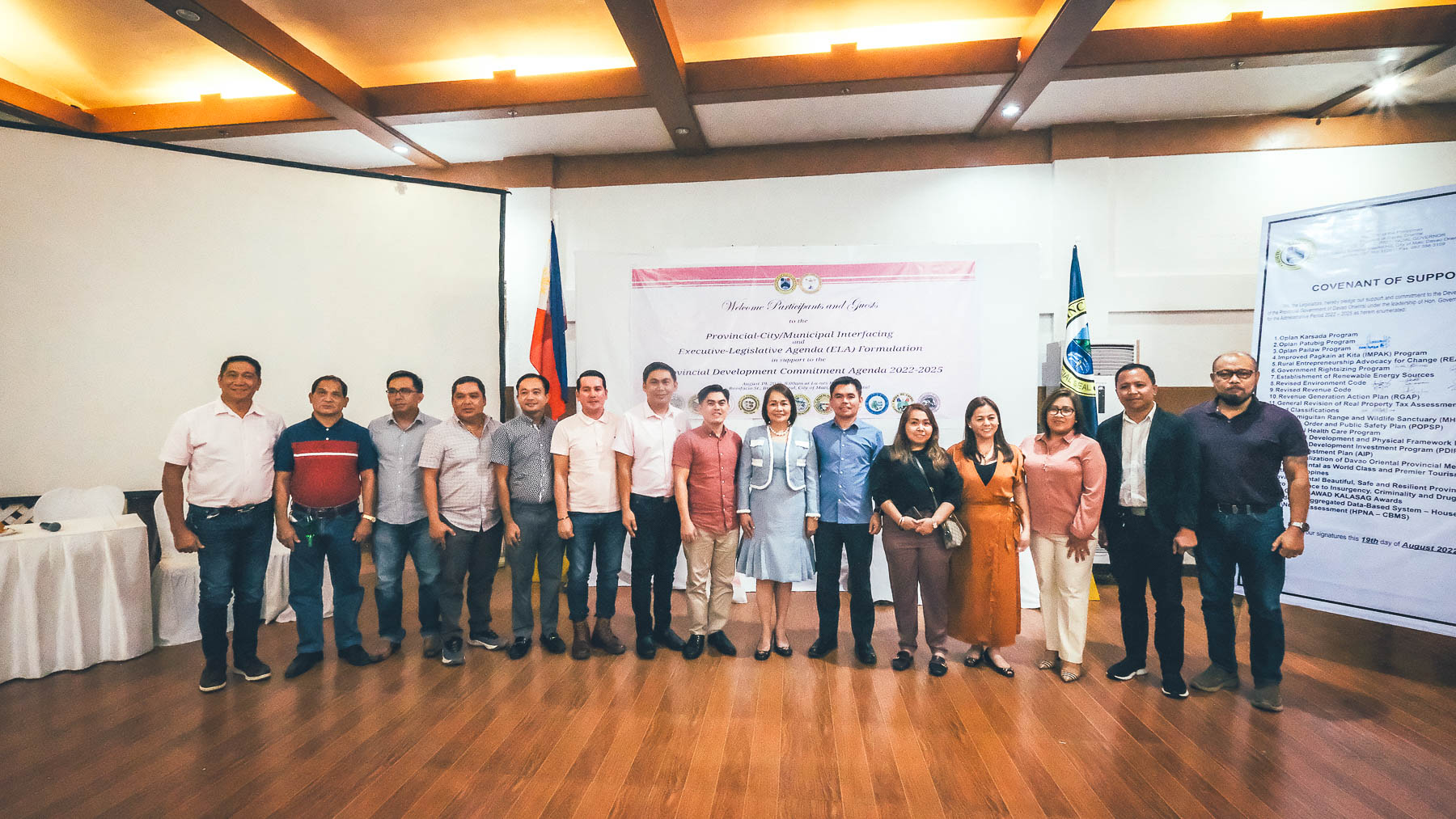
“We have many skilled students, achievers who are academically well-off and could contribute much to helping the province improve. It would be such a waste of talent if we produce highly skilled professionals only to work outside the province or the country,” Dr. Sumile said.
In addition, the province also proposes to evaluate all schools for them to offer all four (4) curriculum strands from which students can choose their preferred college program/ course.
This is to address the challenge commonly encountered by students enrolling in the State University, wherein some could not pursue their preferred college programs because the strand they took in high school is not compatible with the course they want to pursue in college.
Dr. Sumile stressed the need to see to it that all high schools offer all strands to offer more choices to the students and practice their right to access basic education.

“It would seem a waste of effort and time on the part of students who want to be professionals in the field that they dream of only to encounter a barrier they could not overcome because of this system,” Dr. Sumile added.
Aside from this, the provincial government also enjoins the Local Government Units to intensity technical-vocational courses for those students who could not continue their degree after graduating high school. This will allow them to explore work through practical skills.
In terms of answering the peace, security, and safety issues, the province plans to set measures, particularly in the State University, such as considering the dormitory’s regulations, including the curfew and visiting hours.
Dr. Sumile stressed that “this way, we can allow students to study and help the parents working hard day and night just to provide for their children to fulfill and finish their studies.”
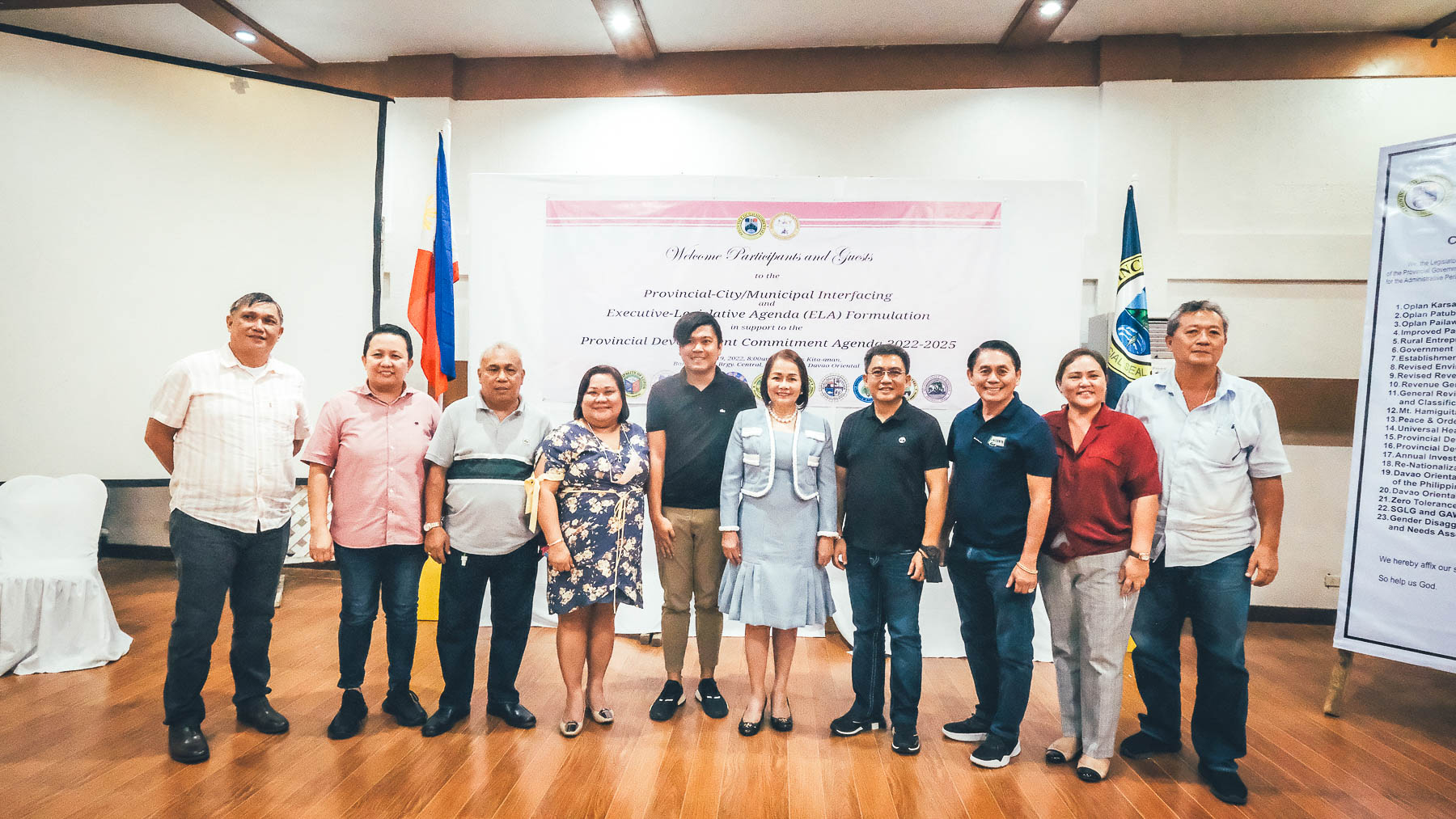
In complementing Governor Malanyaon’s thrust to produce a workforce that will ultimately contribute to the province’s vision of ending poverty, Dr. Sumile proposes offering short formal courses in line with the trends, especially in technology. He said this will help raise the bar of competence through continuing education programs for the employees.
He also shared the possibility of putting up a Sports, Culture, and Arts Academy since the province of Davao Oriental is filled with skills and talent, which the provincial government is giving importance to.
“If we work hand-in-hand and complement education with the programs of the province, our problems will weigh much lesser, and we can see significant changes as it all starts with a thought, then action, then ultimately — changes,” Dr. Sumile said. By Mark Oliver Alvite

